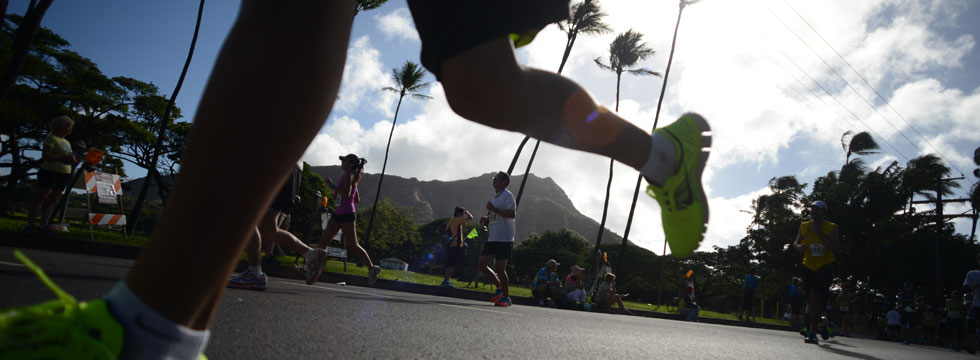Alcohol and Migraine: Relationship, Triggers, Treatment & More
July 17, 2024 1:47 am Leave your thoughtsPeople who get migraine attacks during or after drinking should consider reducing or eliminating alcohol. If they find this too challenging, they may have alcohol use disorder, which warrants treatment. People who have frequent migraine attacks may wish to consider migraine prevention medications such as topiramate (Topamax), divalproex (Depakote), or propranolol (Inderal). Preventing migraine begins with identifying and reducing or eliminating common migraine triggers such as alcohol, dehydration, and certain foods.
- If you do notice a pattern, especially with particular types of alcohol over others, you may choose to avoid the offending drinks.
- Get access to anti-craving medications, regular coaching meetings, expert medical advice, digital tools, and more—all from an app on your smartphone.
- Individuals from different ethnic backgrounds may have variable sensitivity to alcohol.
- Alcohol also has inflammatory effects on blood vessels, leading to tension and cluster headaches.
- However these are retrospective studies, and until recently only a prospective study based exclusively on the subjective patients information exists [23].
- Drinking alcohol can result in several different types of headaches with unique characteristics.
Free Healthbeat Signup
Drinking while you feel like this may make you feel worse and prolong your attack, so it’s best not to drink until you feel completely back to normal. If alcohol is a trigger for you, it may be best to not drink at all. However, if you find that small amounts of alcohol don’t seem to trigger your attacks, be sure to stick to small amounts when you drink.
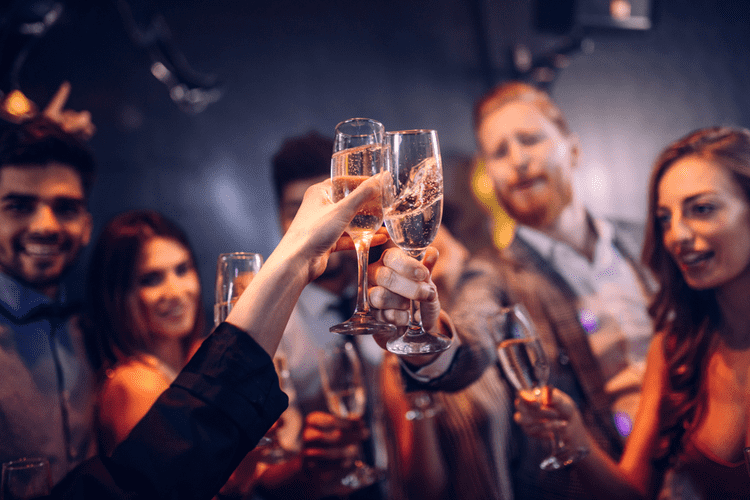
Headache While Drinking
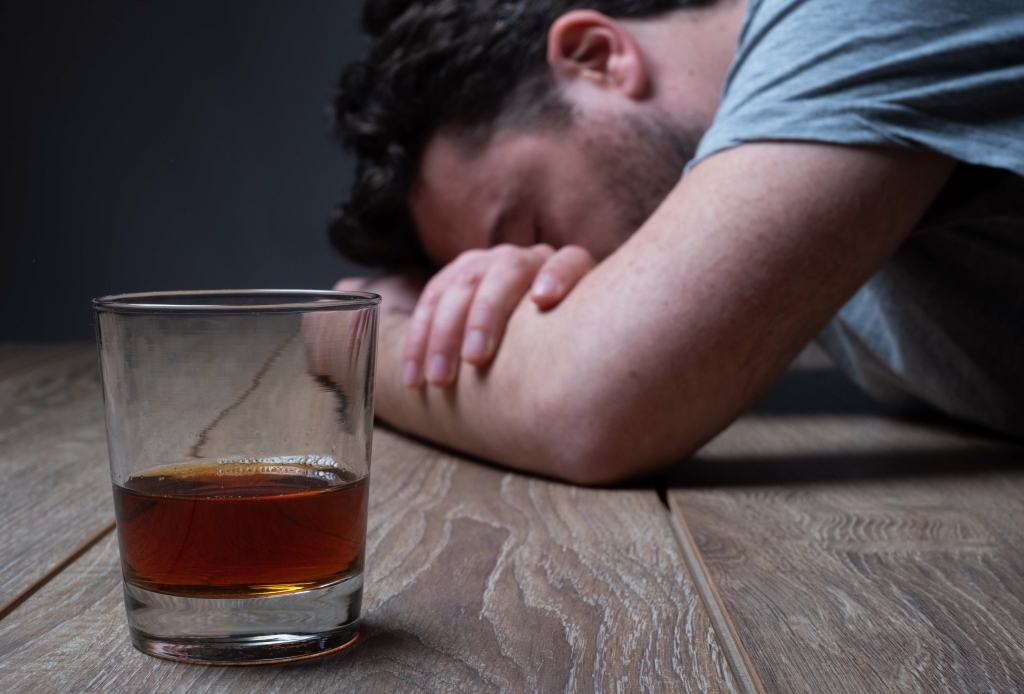
Remember, the best way to completely avoid alcohol-related headaches is by moderating or abstaining from alcohol consumption. Prioritise your health and make responsible choices when it comes to drinking. If you consistently experience severe headaches after drinking, consulting a healthcare professional for personalised advice and guidance is a good idea. Although it’s unlikely that you’d feel like it, it’s best not to drink any alcohol while you’re experiencing a migraine attack. Attacks can last for several hours or days after the headache stage eases. This is known as the postdrome stage and can make you feel very fatigued and ‘hungover’.
- Drinks that include electrolytes, such as sports drinks, can help replace the electrolytes you lose from the diuretic effects of alcohol.
- Among these, 787 were ≥18 years old who tracked ≥90 days with ≥75% adherence.
- The final analysis was therefore based on 20,000 realizations, 10,000 from each chain.
- They may then decide to avoid those which they cannot confirm as a trigger or those for which they cannot develop some coping strategy.
- Reviewed for accuracy by the American Migraine Foundation’s subject matter experts, headache specialists and medical advisers with deep knowledge and training in headache medicine.
Does drinking beer cause headaches?
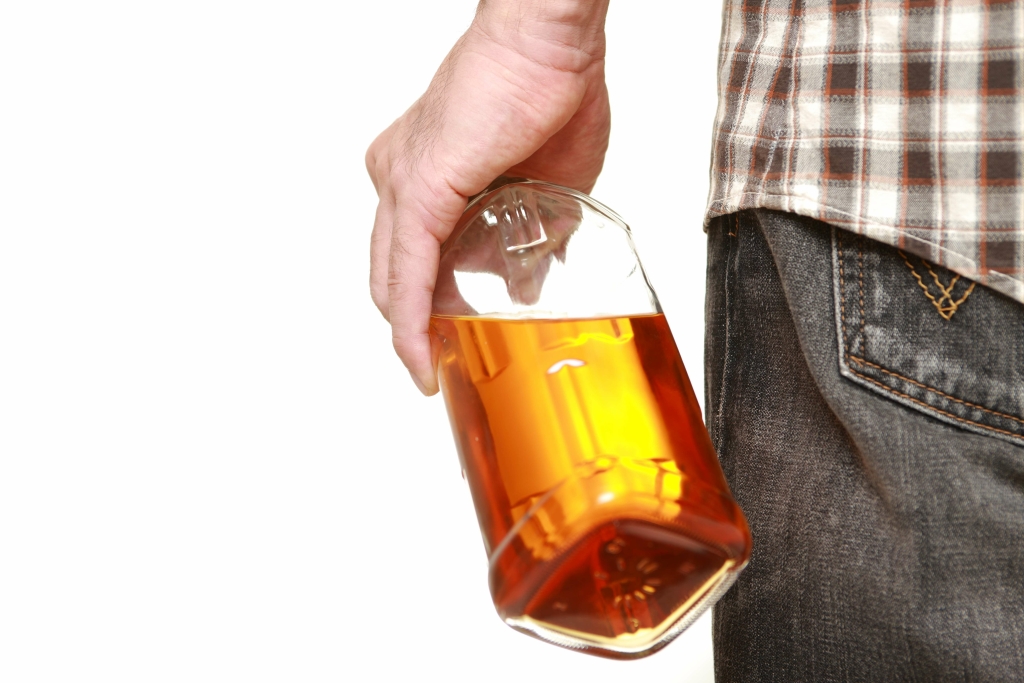
Individuals from different ethnic backgrounds may have variable sensitivity to alcohol. Consider joining our Move Against Migraine support group on Facebook so you can connect with http://fc-sochi.com/showthread-t_825-page_9.html others who live with migraine. Start your search with these complementary and integrative therapies. Then, consider exploring more treatment options with our other free resources.
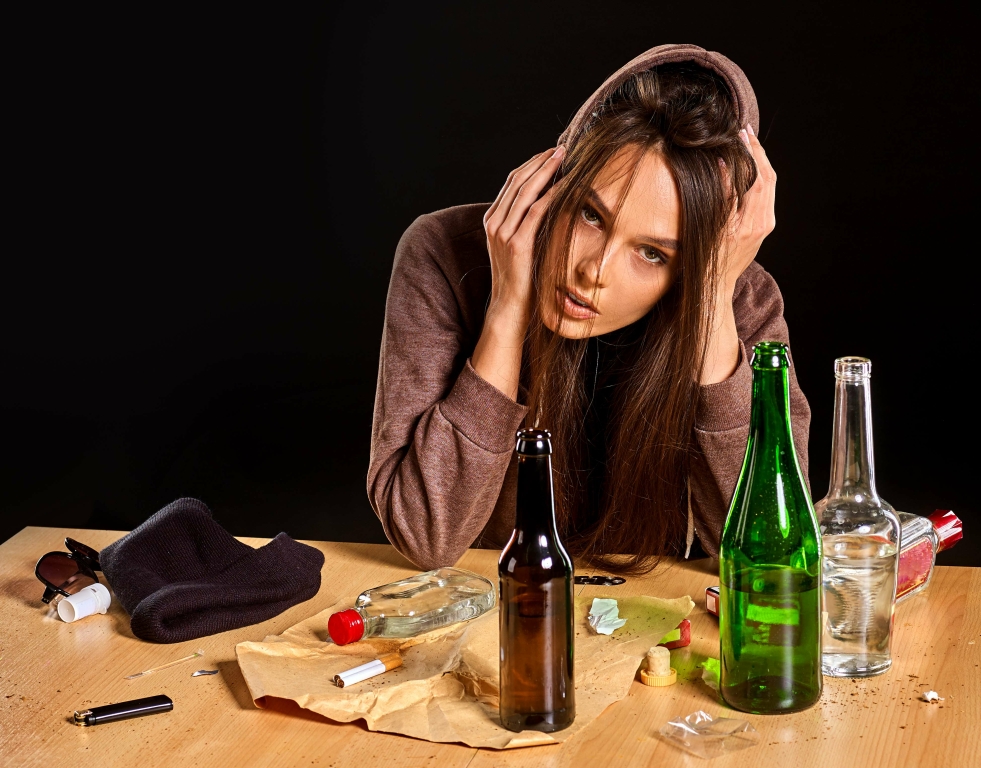
This review was performed using a literature search on PubMed from 1988 (date of the first IHS classification) to December 2014. Search terms of “alcohol,” “wine,” “food trigger,” “dietary trigger,” “migraine,” “headache” were used. Additional sources were identified via manual search of bibliographies, references lists, and previous peer reviews. Original studies were selected if they reported in the results a numeric percentage of headache patients referring any ADs as a trigger factor.
If there seems to be a connection between alcohol and your migraine, you’re not alone. About a third of people with migraine find that alcohol can trigger their attacks, while about 10 percent find it https://adminza.ru/nano/krem-dnevnoj-renessans-placentol-gialuronom/ triggers them on a regular basis, according to a 2016 study. In addition to red wine, other alcoholic beverages, including beer, white wine, and liqueur, have also been reported as headache triggers.
Is it okay to drink alcohol while on Zoloft?
Headaches, including migraine, are treatable with the right combination of medication and lifestyle adjustments. People who get hangovers that trigger a migraine may wish to avoid alcohol with high levels of congeners. These are substances that the alcohol manufacturing process produces. Some research suggests that congeners play a role in hangovers, although factors such as inflammation also contribute. If you aren’t sure that alcohol is to blame for your headaches, try keeping a diary.
- You might have heard that red wine is most likely to cause problems.
- The role of dietary triggers has been well reviewed previously [1, 2].
- About one-third of the patients (mean 34%) report alcohol as a trigger (Fig. 1).
- Overall, I feel more research and funding for migraine and headache disorders must be done.
- Moreover, there were significant trends of decreasing prevalence of migraine and non-migraine headache with the increasing number of alcohol units consumed [28, 31].
Before consuming a cocktail, ask yourself if it is worth developing a headache over and ruining your celebration or holiday. If you develop a cocktail headache, stop drinking alcohol and go someplace where you can rest comfortably. Drink lots of water to rehydrate your body and help flush the alcohol from your system. A sports drink with electrolytes is also helpful http://chudinov.ru/revolution-in-philosophy/ for this purpose. Note that to qualify as a cocktail (or delayed alcohol-induced) headache, the pain must start within three hours of drinking. Therefore, if ADs are definitely confirmed a common trigger of various primary headaches, some of which with phenotypic overlap, it is more plausible that they act probably at a common central cortical or subcortical levels.
Categorised in: Sober living
This post was written by vladeta



